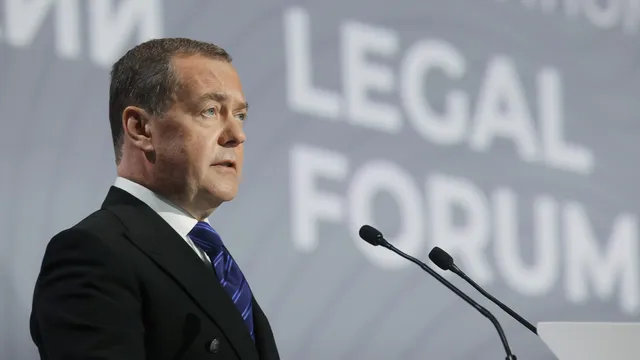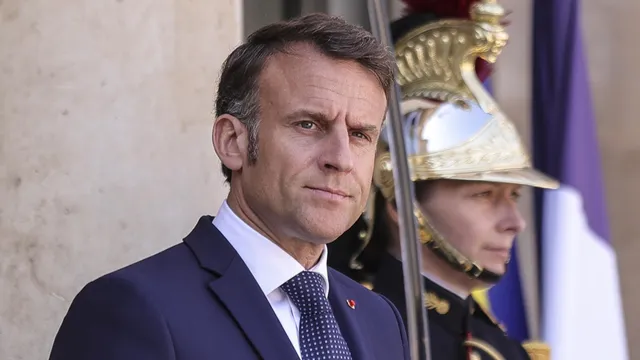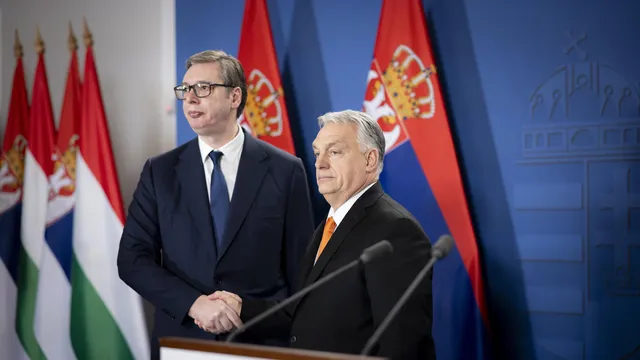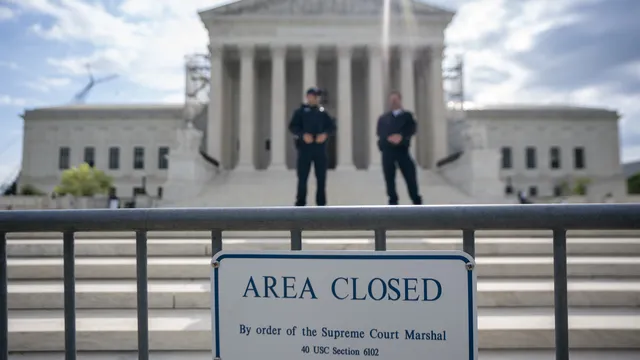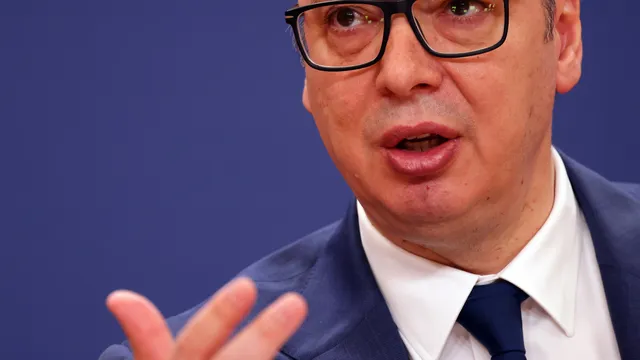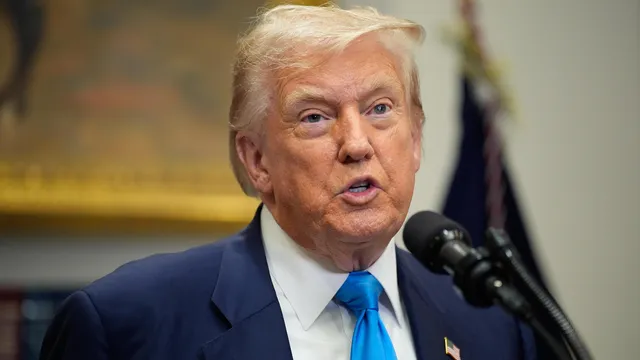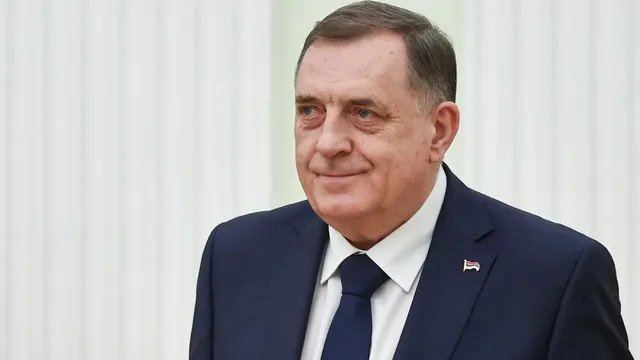Dmitry Medvedev has come a long way since he was president of Russia and stood next to then-US President Barack Obama to declare that "the solution to many global problems depends on the common will of the US and Russia."
This week, in his semi-official role as the Kremlin's "watchdog," Medvedev twice hinted that President Donald Trump's administration was pushing the US and Russia toward war and warned of Russia's nuclear capabilities after Trump said he would impose new sanctions on Russia.
Although Medvedev is deputy chairman of Russia's Security Council, he has no executive power. But his provocative comments this week still caused a stir.
Medvedev said on Telegram that the US president should watch the apocalyptic TV series "The Walking Dead" and referred to the Soviet Union's ability to launch automatic nuclear strikes.
The Republican responded by ordering two nuclear submarines to move to "appropriate regions." .
The clash comes after Trump set a new deadline for Putin to end the war in Ukraine, threatening US sanctions if no ceasefire agreement is reached — an ultimatum that the Kremlin is unlikely to take seriously.
Medvedev today is a different person from the one who became Russian president at the age of 42. He was a qualified lawyer with no ties to the security services, unlike the current leader Vladimir Putin, a former KGB agent. He was comfortable with the internet – again, unlike Putin – and was ready to modernise the Russian economy and fight corruption.
But his presidency was seen as a temporary solution, a way for Putin to circumvent constitutional restrictions and retain power.
Since stepping down as president in 2012 to allow Putin to return to office, Medvedev has transformed himself from a relatively liberal technocrat into an ultra-nationalist who provokes Russia's opponents with provocative social media posts.
Just compare what he said in a 2009 interview with CNN — that Russia needs "good, developed relations with the West in every sense of the word" — with this comment from May: "Regarding Trump's words that Putin is 'playing with fire' and that 'really bad things' are happening to Russia. I know only one REALLY BAD thing – World War III. I hope Trump understands that!"
This change seems to have begun after his presidency, when Medvedev began to reposition himself in an attempt to retain the trust of the ruling United Russia party.
In 2012, he told lawmakers: "People often say to me, 'You're a liberal'. I can tell you frankly: I have never had liberal beliefs."
As president, Medvedev told CNN that "the level of corruption is categorically unacceptable". Later, however, as prime minister, he became the subject of an investigation by opposition leader Alexei Navalny's Anti-Corruption Foundation, which claimed he had amassed a "corruption empire" of lavish properties, luxury yachts, and vineyards across Russia.
Medvedev's spokeswoman, Natalia Timakova, dismissed the investigation, which quickly garnered 14 million views on YouTube, as "propaganda," but Medvedev became the target of street protests.
In 2020, he suddenly resigned as prime minister while Putin undertook constitutional reform to consolidate his power.
Since then, from his position on the Security Council, he has launched a series of xenophobic and offensive attacks against Ukrainians and Western leaders. Medvedev has 1.7 million subscribers on Telegram, as well as Russian and English X accounts with a total of nearly 7 million followers.
Following Russia's full-scale invasion of Ukraine, he referred to the leaders in Kyiv as "cockroaches breeding in a jar."
In a speech earlier this year, the former president showed an image depicting Trump and Ukrainian President Volodymyr Zelensky as Muppets and called for the "destruction of the neo-fascist regime in Kiev."
He often invokes the specter of Nazism, saying this year that new German Chancellor Friedrich Merz had "proposed strikes on the Crimean bridge. Think carefully, Nazi!"
And he is not afraid to wield the nuclear sword, stating in 2022 that "the idea of punishing a country that has one of the largest nuclear capabilities is absurd and potentially poses a threat to the existence of humanity."
Despite his strange rhetoric, analysts say Medvedev plays a calculated role in the Kremlin's messaging.
The Institute for the Study of War claims that he is accustomed to "amplifying provocative rhetoric aimed at causing panic and fear among Western politicians" as part of "a coordinated Kremlin information strategy imposed from above."
But commentators say this should not be taken literally.
Referring to this week's exchange, Anatol Lieven of the Quincy Institute for Responsible Statecraft described both Medvedev's remarks and Trump's response as "pure theater."
"Having refrained from using nuclear weapons for the past three years, Russia is obviously not going to use them in response to the new round of US sanctions," Lieven said.
At a press conference with Obama in 2009, Medvedev was a confident, newly elected president who saw himself as much more than Putin's deputy. At the time, he said, "We have large nuclear arsenals and bear full responsibility for them."
Sixteen years later, he has the freedom of a provocateur. | BGNES
-------------
Tim Lister, CNN

 Breaking news
Breaking news
 Europe
Europe
 Bulgaria
Bulgaria
